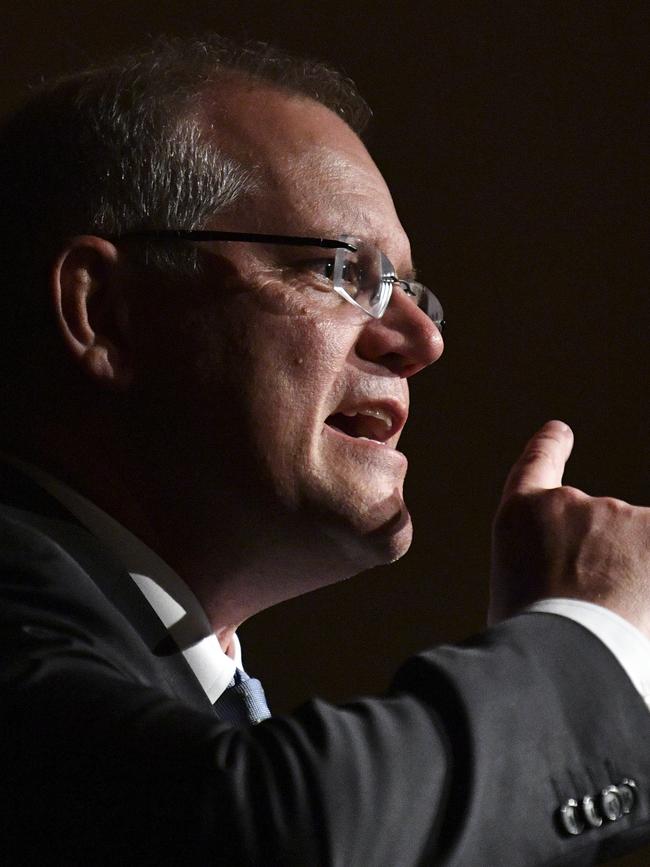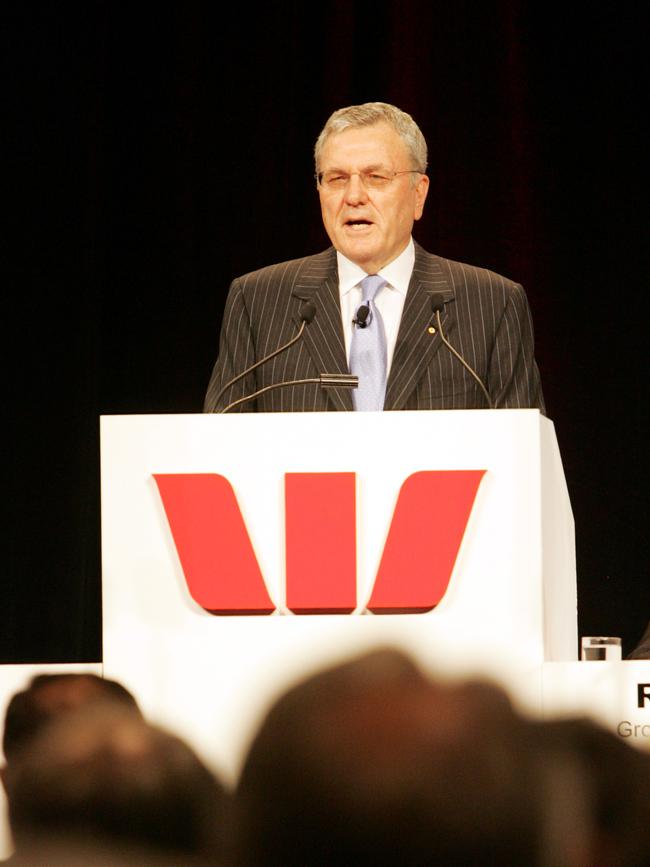ESG, coming ready or not
Ethical investing has reached a point where companies now find it increasingly risky to ignore. But where to from here?

The movement for environmental, social and governance investing is not new, but the question some still ask is whether companies just want to be seen to do the right thing or are actually integrating ESG values in their daily decisions.
Over the past two decades increasing numbers of companies have voluntarily issued regular sustainability reports detailing their carbon emissions and the like. But the battle will be won only when these reports are discarded: they are incorporated into companies’ regular annual reports only as an indication the company recognises it needs to do the right thing because it adds value.
One top 10 company chairman confided to me recently he had told his new chief executive not to worry about ESG questions because they generally came to him, as chair, and the CEO would just get business-related questions. But when the CEO returned from an investor tour, he had received far more ESG questions than originally expected, showing an increased awareness among shareholders.
Sell-side investment banks now all promote their ESG research, as highlighted by a recent Credit Suisse conference that covered issues from industrial relations to water to climate change to chemical regulation — none of which would have featured in an investment conference in days past.
More: Be good as well as rich | Locals lead the way on ESG
Momentum on the issue is building and threatens to distort what was previously a basic value-add question: do you make investments based on achieving agreed social outcomes, or investments on inputs and activities?
Estimates vary widely over how many trillions of dollars are housed in ESG funds, which can only invest in compliant companies. But the message is clear — if you want to maximise your investor appeal you’d better walk the talk.
‘Do you make investments based on achieving agreed social outcomes, or investments on inputs and activities?’
Andrew Gray, who heads ESG investing for AustralianSuper, was hired eight years ago after establishing the practice for Goldman Sachs when, as a quantitative analyst, he showed how ESG investing created value.
On the investment side the pendulum has swung towards the big industry and government funds, like the Future Fund and AustralianSuper, which have taken prominent ESG stands, arguing their investment horizon is long-term.

While company boards now acknowledge the need to apply ESG principles to their work, some draw the line at joining the public debate on social issues.
Prime Minister Scott Morrison clearly agreed when he told the Business Council of Australia to tell its members to concentrate strictly on business issues.
He may have missed the point — many of what he calls social issues are actually business issues. Climate change threatens profits directly as do poor industrial relations, badly structured remuneration policies that reward bad behaviour and investors increasingly wanting to know whether retail supply chains are caught in modern slavery rings.
Politicians don’t like to be seen to be late to the game but on these issues they are a country mile behind. Regulators are increasingly demanding action while accounting standards insist climate risks be included in financial reports even as the federal government keeps its head in the sand on many of the issues.
‘Politicians don’t like to be seen to be late to the game but on these issues they are a country mile behind’
When BHP boss Andrew Mackenzie, with strong board support, warned about climate change concerns recently, he was just trying to protect BHP’s bottom line, yet many people alleged he was stepping out of line.
Westpac led the way in the mid-1990s on social issues when it became the first listed company in Australia to offer paid maternity leave. It did so because it found that only about 40 per cent of women who had left to have babies returned. When paid leave was introduced that number increased to more than 70 per cent.
Back then, the banks did not always cut staff and were in fact worried when turnover of staff hit 12 per cent. But staff satisfaction increased dramatically when issues like maternity and paternity leave were introduced and in the mid-2000s when environmental issues were addressed.

The Westpac chairman at the time was Leon Davis, a former Rio Tinto miner who knew better than most the importance of such issues. (Miners learned long ago the dire cost of a staffer dying in mine accidents.) The mining industry is also a national leader on indigenous rights.
But while Westpac and ANZ duel to claim the prize as Australian’s most environmentally sound bank, this decade has not put the banking industry in a good light. Admissions from some that they stole from customers are a long way from principled business. The banking industry, more than any other — with the possible exception of energy retailers —– understands the dangers of not being seen to be doing the right thing. Having failed to do so, they are now under regulatory siege and have become the perennial political footballs.
John Durie is a business columnist on The Australian




To join the conversation, please log in. Don't have an account? Register
Join the conversation, you are commenting as Logout